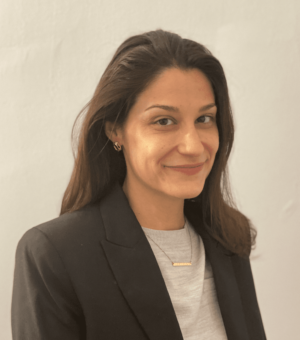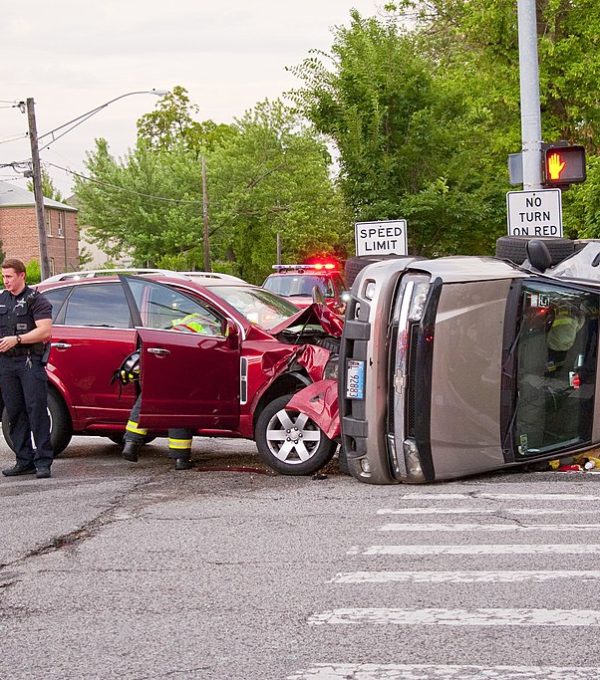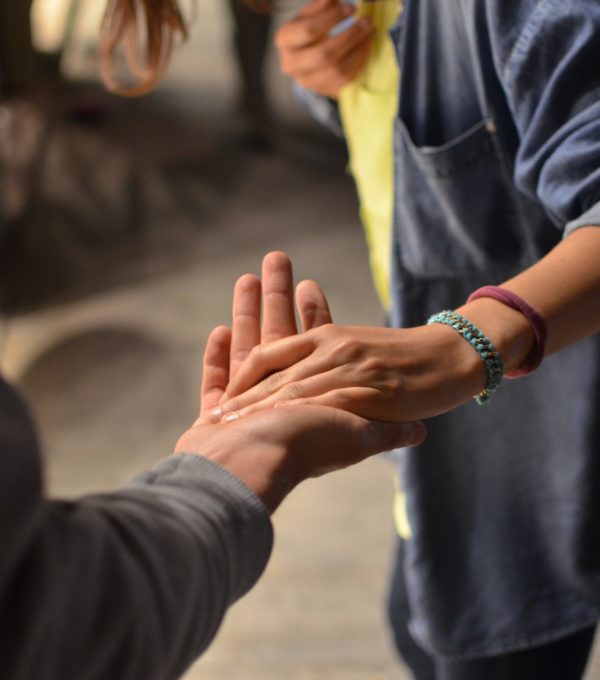
********This application deadline has passed********
The Council of State Governments (CSG) Justice Center, in collaboration with the Center for Policing Equity, is hosting a virtual learning community focused on enhancing school-based diversion through public health- and youth-centered approaches. Applicants will be working to implement school-based diversion responses that are rooted in public health, positive school climate, peer supports, credible messengers, or other school and community-led, positive youth development and diversion approaches. The learning community will be led by CSG Justice Center policy staff and include opportunities for mutual learning and presentations from attendees and leaders in the field. Upon completion of the learning community, teams will be equipped with an action plan, including an implementation and funding plan. To build the plan, teams will work through a planning and implementation guide that covers key topics such as goal setting, applying data, resource mapping, policy review, program development, sustainability, and more.
School-Based Diversion Learning Community Session Dates:
- Tuesday, November 15, 2022
- Tuesday, January 17, 2023
- Tuesday, February 14, 2023
- Tuesday, March 28, 2023
- Tuesday, May 16, 2023
All sessions will take place 2:00–4:00 p.m. ET via Zoom web meeting.
Teams that are interested in participating should submit this application by Wednesday, October 12, 2022. A CSG Justice Center staff member will follow up with you regarding application status by Thursday, October 20, 2022.
If you have any questions, contact Stephanie Shaw at sshaw@csg.org and/or attend the application drop-in office hours on Tuesday, October 4, 3:00–4:00 p.m. ET via Zoom.
Who should apply?
This learning community is open to teams that are hoping to implement school-based diversion through public health- and youth-centered approaches. Applicants must have a desire to utilize alternative approaches to behaviors in schools in lieu of a law enforcement response.
Who should participate?
Applicants are required to participate as an interdisciplinary team, with each team including representatives such as (1) a school district leader; (2) a school-level administrator from a secondary school within the district; (3) a school district behavioral health leader; (4) a community-based provider; and (5) a data representative.* In addition to these team members, applicants are encouraged to include a youth and/or parent and a juvenile court system representative on the team. Six team members at most may actively participate in each session; additional team members may join to listen in.
*The data representative will be the learning community’s point person for data collection related to the project. This person will be responsible for collecting data relevant to the learning community goals, will attend the learning community sessions with their team, and participate in the Data Collaborative Learning Community. The person serving as the data representative does not need to have any formal research or data education and can be one of the other required representatives.
Data Collaborative Learning Community Session Dates:
- Wednesday, January 11, 2023
- Wednesday, February 8, 2023
- Wednesday, March 8, 2023
- Wednesday, April 12, 2023
- Wednesday, May 10, 2023
What will the School-Based Diversion Learning Community sessions cover?
Session 1: Setting the Stage: Using Data, Conducting a Needs Assessment, and Setting Goals
The first session will discuss the focus of the learning community. Participating teams will identify the current needs of their school community related to school-based diversion and share what data they are using to determine their challenges and priorities. Teams will then outline goals of their new school-based diversion intervention or alternative response to misbehavior, including what data they will use to track effectiveness.
Session 2: Identifying Key Policies and Alternative Responses
During this session, teams will learn about best practice approaches to school discipline and school-based diversion and identify specific policies that need to be developed or amended to create a new school-based diversion approach. Examples from peer school districts will be shared and discussed, and a range of youth-centric school-based diversion strategies will be presented and discussed.
Session 3: Mapping Resources and Building School and Community Partners
In the third session, teams will revisit their goals and identify what resources—funding, partners, others—are committed to this process and where there are gaps. Strategies for effectively engaging and collaborating with community-based partners will be discussed. Teams will determine budget needs, leveraged resources, and funding gaps and discuss strategies to demonstrate impact and needs to funders.
Session 4: Developing Program Capacity: Program Design and Services and Building School/Community Capacity
Teams will outline specific program components and process steps for their alternative response to address school diversion issues, including referral mechanisms and protocols, services provided, and what data should be tracked to measure and demonstrate impact. Teams will identify resources, protocols, roles and responsibilities, and goals for each program component and strategy.
Session 5: Building and Sustaining the Plan: Plan Development, Performance Measures, and Formalizing Agreements
In this final session, teams will synthesize the work from the first four sessions into an action plan. The action plan will include key implementation steps that outline roles and responsibilities across partners, key performance metrics, and a plan for sustainable funding and program evaluation.
Photo by Kenny Eliason on Unsplash
About the author

The CSG Justice Center Advisory Board establishes the policy and project priorities of the organization. The board features…
Read More Finding Solutions to Complex Criminal Justice Issues: Q&A with New CSG Justice Center Advisory Board Member Justice Briana Zamora
Finding Solutions to Complex Criminal Justice Issues: Q&A with New CSG Justice Center Advisory Board Member Justice Briana Zamora
The CSG Justice Center Advisory Board establishes the policy and project priorities of the organization. The board features a cross-section of leaders who shape criminal justice policy in various parts of the country.
Read More












